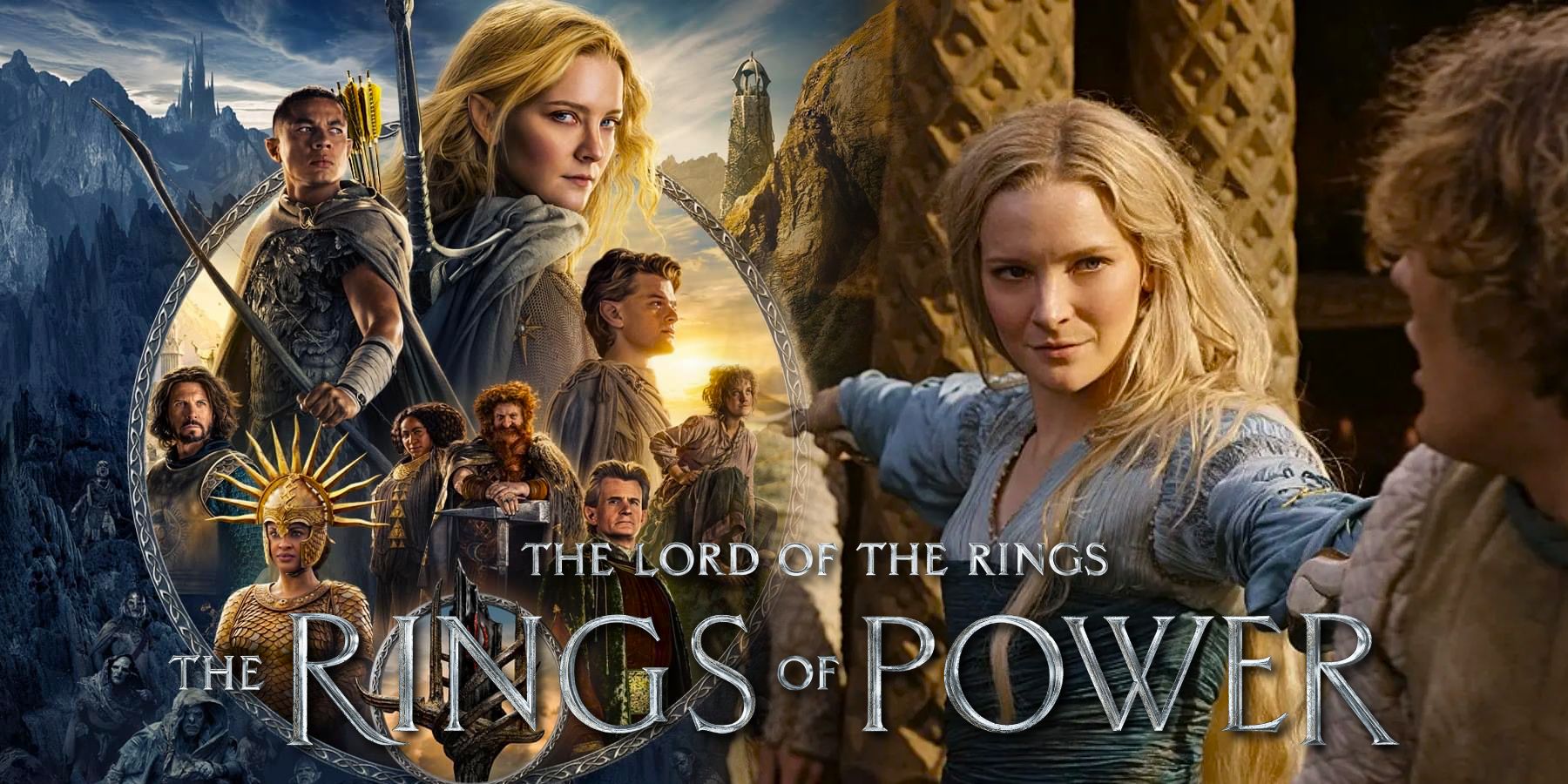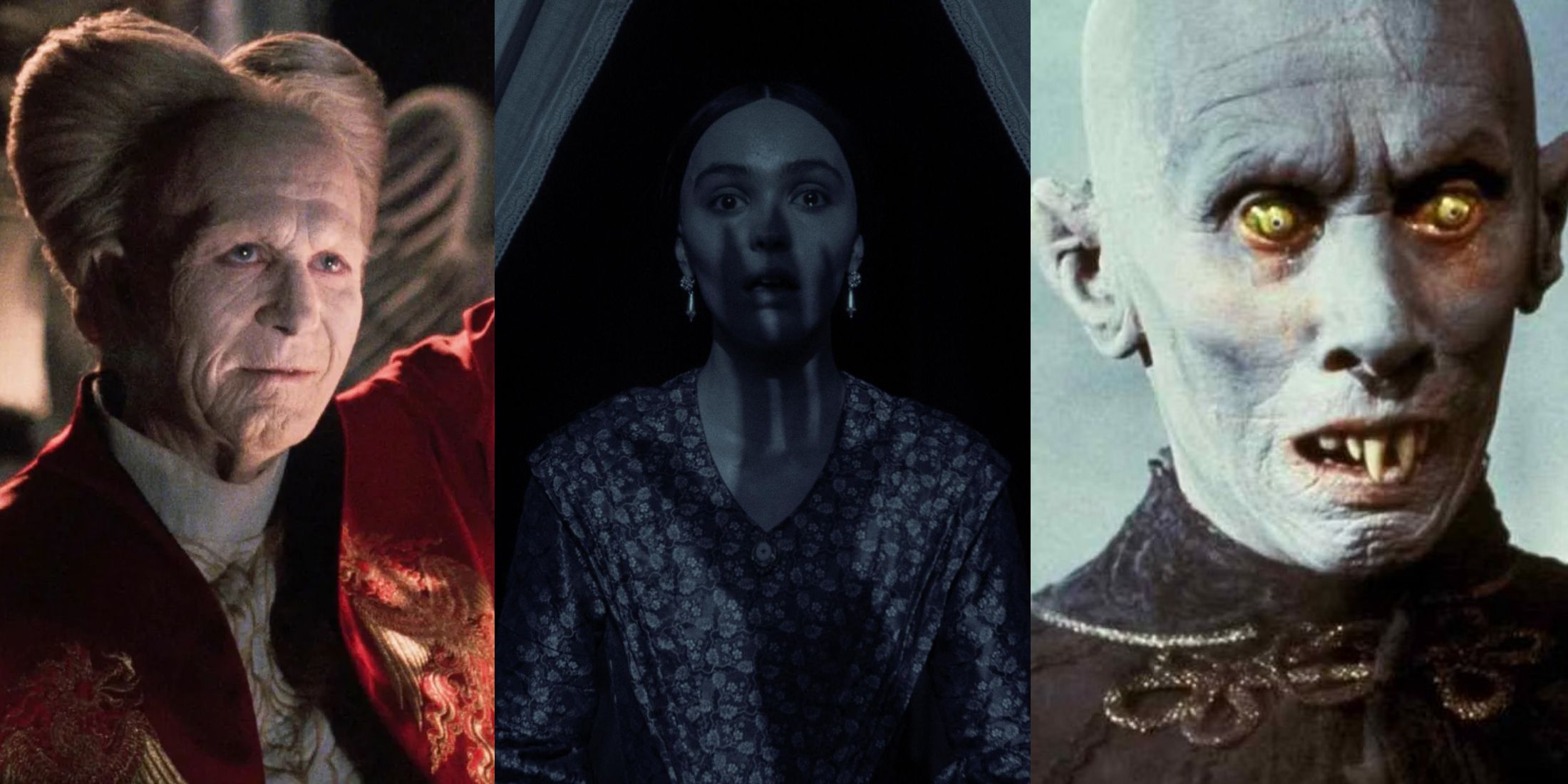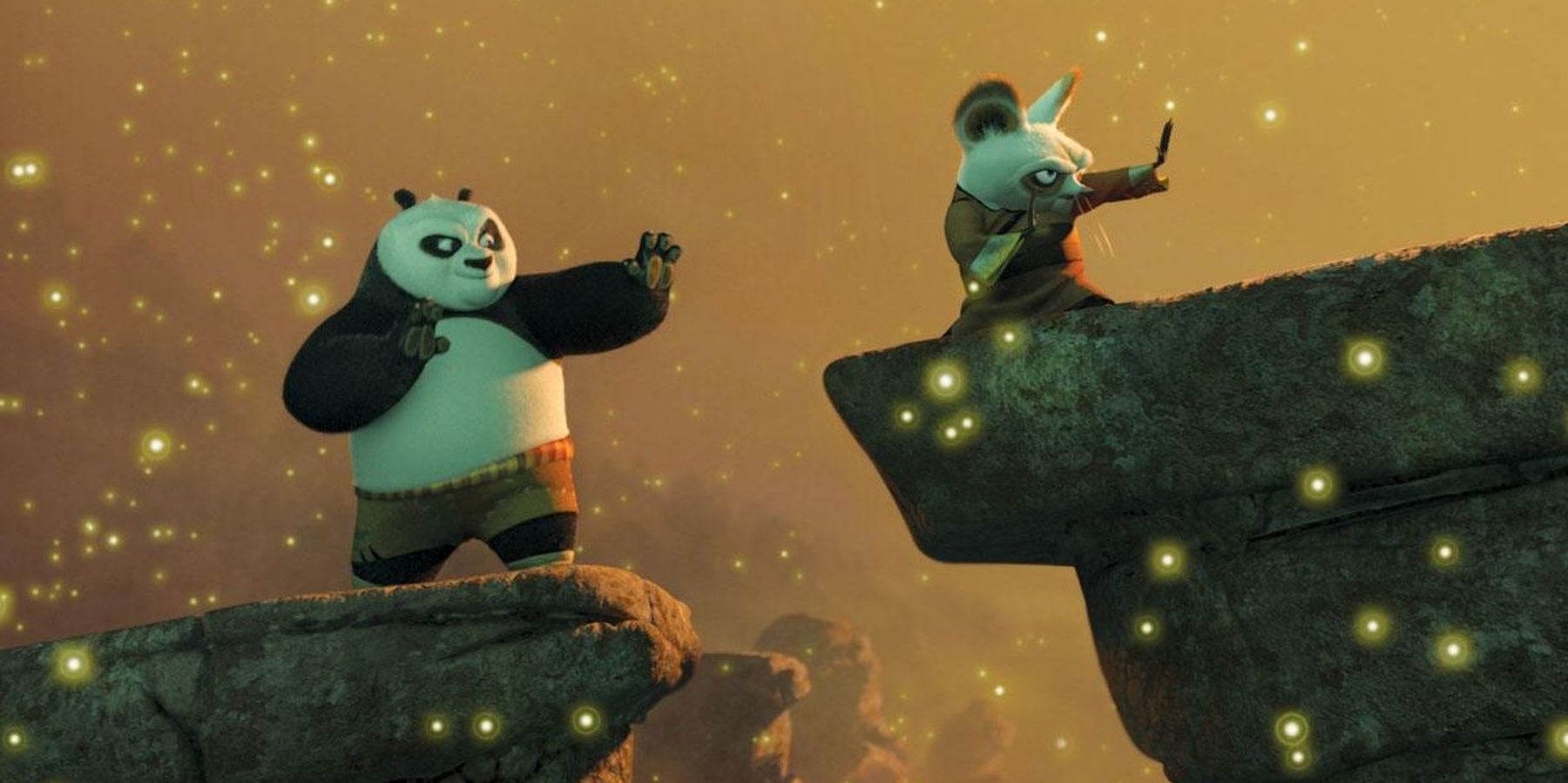Highlights
- Hopecore videos on TikTok promote positive thinking and belief in the beauty of being alive, providing a breath of fresh air on a predominantly negative platform.
- Kung Fu Panda has become a popular subject in hopecore videos due to its emphasis on motivation, wisdom, and unique approach to self-acceptance and body positivity.
- Adults love Kung Fu Panda because it takes itself relatively seriously, with realistic dynamics, respect for lore, and real stakes, while still incorporating moments of lowbrow humor in a way that feels natural and woven into the film's world.
Hopecore is a mindset that promotes positive thinking, treating others with kindness, and belief in the inherent beauty of being alive. In recent times, it has become the subject of a popular form of content on TikTok. The videos usually feature a variety of media clips featuring inspirational messages, both from real life speakers and from fiction. These videos are a breath of fresh air for the Internet, sprinkling some beautiful inspirational content into a place that tends to be pretty negative.
One of the most common subjects of these videos is the Dreamworks animated Kung Fu Panda film series. It feels like a genuinely rare occurrence to watch a hopecore video that doesn't feature at least one scene from any of the movies. What makes it such a good fit? Obviously, Kung Fu Panda has a high emphasis on motivation and wisdom, something that can be felt any time Master Oogway has dialogue. There's more to it than that, however, that has led to Kung Fu Panda getting such a big resurgence in popularity.
Why Is Kung Fu Panda Going Viral?
Directors | John Stevenson, Mark Osborne |
Writers | Jonathan Aibel, Glenn Berger |
Cast | Jack Black, Dustin Hoffman, Angelina Jolie, Ian McShane, Jackie Chan |
Release Date | June 6, 2008 |
Runtime | 92 minutes |
Rotten Tomatoes Score | 87% |
The first Kung Fu Panda film has a central theme of self-acceptance and belief in one's self, which is a common message in movies made for children. Kung Fu Panda hones in more specifically on body positivity, which of course is more specific, but still pretty standard fair. What sets Kung Fu Panda apart is the way it goes about utilizing these messages. A lot of kid's movies teach the message that accepting yourself involves changing or improving yourself. This is almost never in a bad way; rather, someone shy has to learn to open up, or a character learns that their family's way of life is actually what's best for them. There's nothing wrong with this on the face of it. Growth is a necessary part of life and something important for kids to learn about.
Kung Fu Panda differs from the norm, however, because the theme is not about growing and accepting the changes one must make. Po is unhappy with his life. He wants more than anything to become a kung fu master, he doesn't think he has what it takes, nor does anyone else around him. As a panda, he's chubby and clumsy, and though he's very dedicated to kung fu, he has a goofy personality that no one associates with a stoic martial arts master. His dad only thinks he is meant to inherit their noodle shop, the Furious Five hate him and don't take him seriously, and Po grows discouraged when his hard work alone doesn't get anyone to think differently. He doubts that he really is the Dragon Warrior, a belief that only grows stronger when the Dragon Scroll is blank.
Ordinarily, Po would need to change himself fundamentally in order to fit the expectations he has placed on him, and the ones he has for himself. Kung Fu Panda does not do this, however. It explicitly tells the audience that there is no secret ingredient, in neither Po's father's secret ingredient soup or in order to be someone special. Po already had all the tools he needed to be a great warrior. He was humble, extremely hardworking, always willing to learn, and kind towards others. The problem was not with him, but with everyone else who looked at him and could not see past their own perception of what he was.
The use of body positivity is particularly interesting. The easier way to write a body positivity message would be to say that everyone is beautiful no matter what they look like and that no one should be looked down upon because they are different. However, Po is not able to fulfill his destiny in spite of his rotund figure, but because of it. Po's girth very directly allows him to defeat Tai Lung by granting him immunity to the snow leopard's nerve attack, which easily dispatched every member of the Furious Five. Kung Fu Panda certainly places a higher than normal emphasis on motivation and self-love, but what really makes it a perfect fit for hopecore is the way it teaches that all the tools anyone ever needs are already within them.
Why Do Adults Love Kung Fu Panda?
Adults seem to really love Kung Fu Panda, which isn't all too surprising in and of itself. A lot of adults still love plenty of media aimed at children; there's a reason Pixar movies are still as popular as they are. A hangup that many animated films made for children face, however, is there seems to be a certain amount of overly childish humor they can't avoid featuring. It feels frequent that an animated movie will have a great flow going, taking itself quite seriously. Then, everything has to pause for a moment as a character dabs, or someone trips and falls, or there's some kind of dance number. This is a problem that Dreamworks seems to struggle with more than some other animation studios like Disney, which strike a better tonal balance.
Kung Fu Panda gets around this brilliantly, however. Part of this is because the movies take themselves relatively seriously. Characters have realistic and mature dynamics with one another, the lore is treated with respect, and there are real stakes and threats present. Some scenes will go without a single one-liner, even those that come before a big emotional climax, such as Oogway and Shifu's discussion by the peach tree.
There is still a certain amount of low brow humor present, but that leads to the main way Kung Fu Panda avoids a tonal problem, which is by giving these goofy moments to Po. Po is a character who is seen as ridiculous and silly not only by the real world audience, but by the other characters in universe. His lack of social graces and goofy personality are an insecurity of his and contribute to everyone else underestimating him. When Po makes a funny face or undercuts a serious situation with a joke, it doesn't feel like the tone is being ruined so kids stay engaged. These moments are funny in a way that kids can enjoy, but for adults, they feel naturally woven into the film's world. Po's silly moments don't feel out of place, because the other characters are thrown off or annoyed by them too! It's a beautiful solution that keeps the beauty and seriousness of the world intact while actively contributing to Po's character. It's one of the many reasons people love Kung Fu Panda, as these movies should give everyone hope for the future of animated movies.






